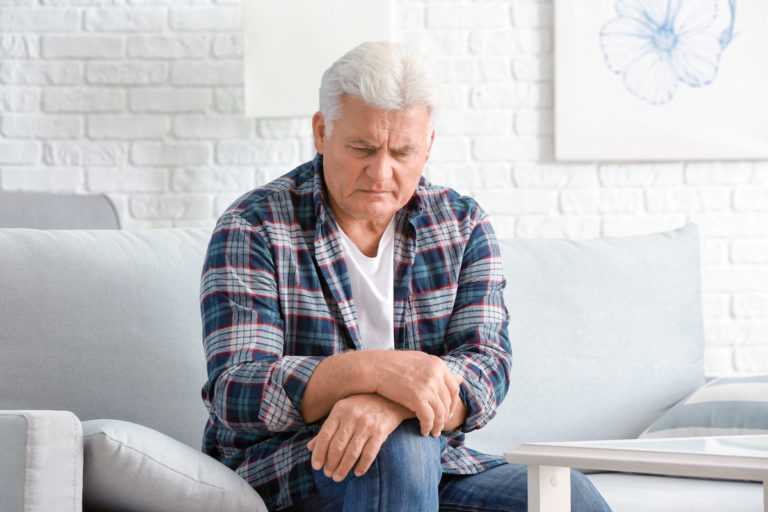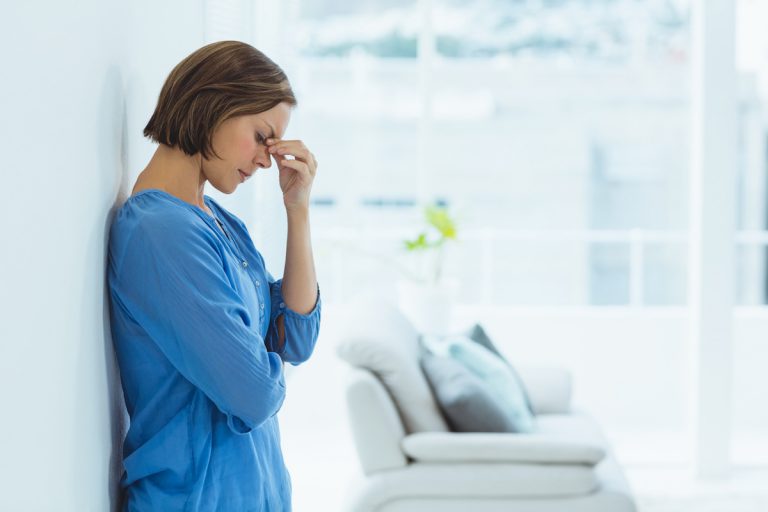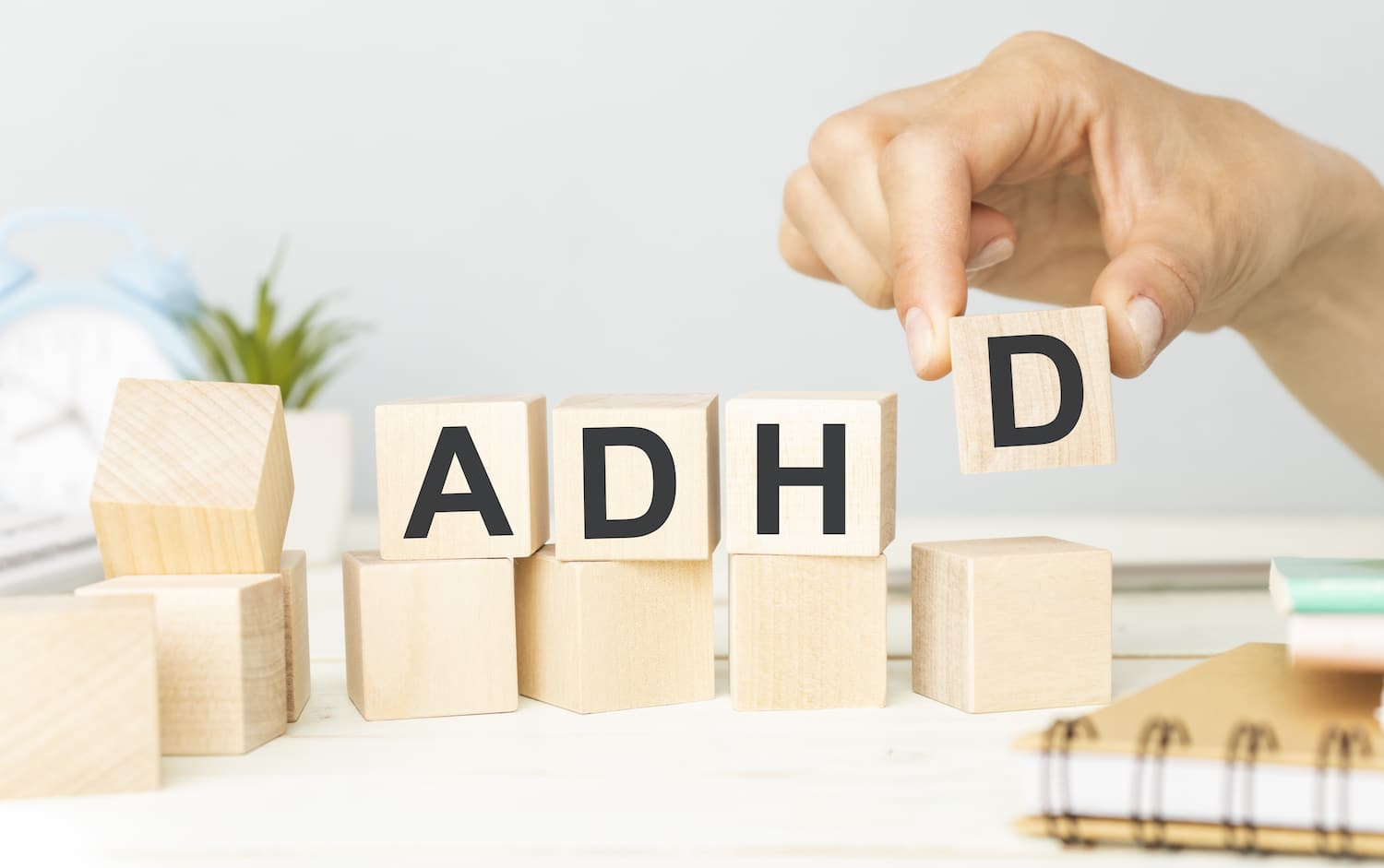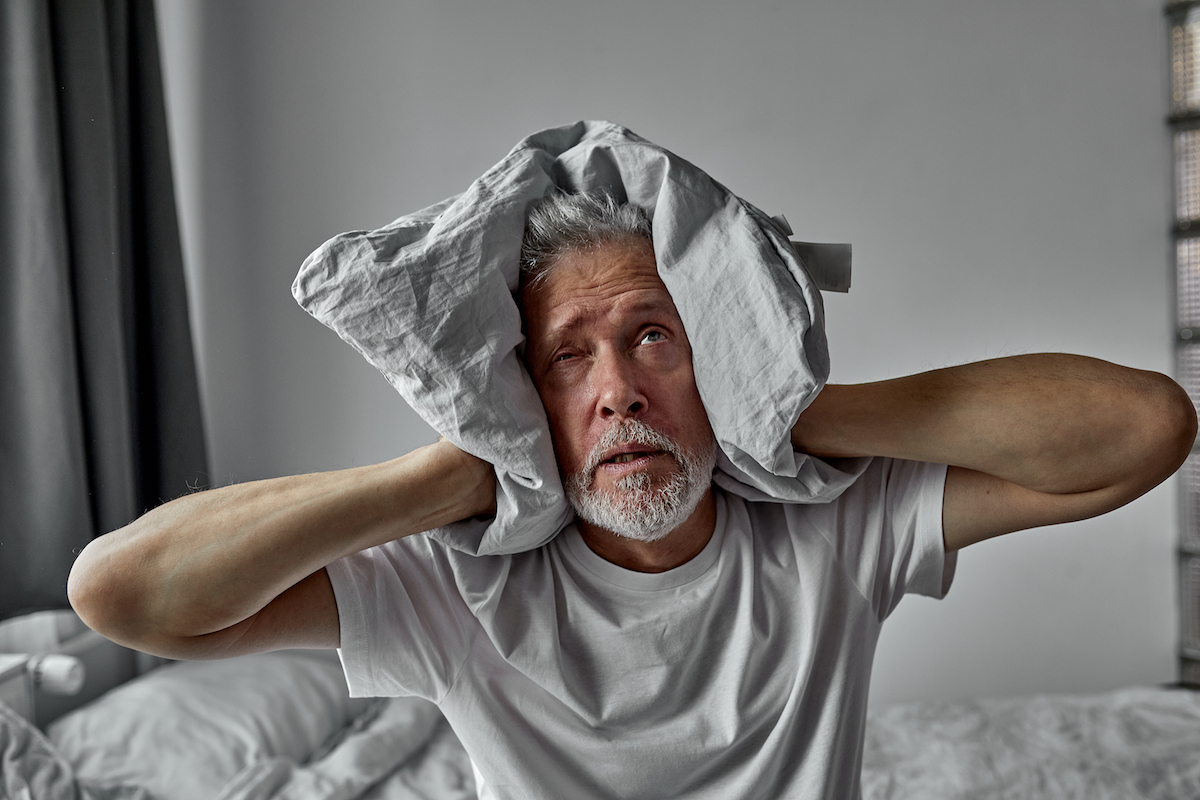Updated on 15. November 2021 from ÁYIO-Q Redaktion
Reading time: approx. 4 minutes
Since many anxiety patients have primarily physical symptoms, their path often leads first to the family doctor. They mainly suffer from sleep problems, exhaustion, pain, heart problems and dizziness. That the trigger for this could be an anxiety disorder seems absurd at first. However, even if this is obvious, it is advisable to have this medically clarified as a preventive measure. This is because certain organic diseases, such as a heart condition or hyperthyroidism, can also be the trigger for an anxiety disorder and carry massive risks. However, a thorough medical examination can quickly clarify the extent to which the anxiety problem has medical causes or to what extent these can be ruled out. Z. For example, the antibodies in the blood are determined preventively.
If the determination of the antibodies in the blood is okay and there are no specific signs of a physical illness, the doctor will now suspect that the complaints could be an anxiety problem. In a detailed conversation he tries to find out whether he is right with his assumption. It may actually be a previously unnoticed anxiety disorder. It is extremely important for the patient to recognise these, as otherwise he can expect a medical marathon in which the actual cause of his symptoms is not found. Instead, the same examination is carried out again and again in the further course without any findings. A general practitioner who has undergone additional training in this area can, once the diagnosis has been confirmed, undertake the treatment of the particular anxiety disorder himself. Alternatively, he refers the sufferer to experts such as a neurologist, psychiatrist or psychotherapist.1
Therapeutic approaches for anxiety disorders
Conventional medicine usually suggests behavioral therapy supported by medication. Two factors in particular determine the success of the therapy: the cooperation and motivation of the patient. During the therapy he has to face situations that trigger his fears by means of exercises and learn to recognize and distinguish them. Avoiding fears is fundamentally not an option. Confronting one’s fears is an essential part of behavioral therapy and is one of the most optimal treatment options.
Medication for anxiety disorders
Additional therapy with medication includes the use of antidepressants. In the case of generalized anxiety, the affected person is usually prescribed a drug or painkiller containing the active ingredient pregabalin. This drug comes from the group of antiepileptic drugs and has numerous side effects. Other medications for anxiety are: Tricyclic antidepressants, moclobemide, opipramol, buspirone, and benzodiazepines. Especially with the latter, a dependency can develop.2
Fears can also be treated homeopathically
Anxiety and panic attacks can also be accompanied by alternative medical therapies. Home remedies may also come into question here. In addition to psychotherapy and conventional medical therapy approaches, these have proven to be extremely helpful. Factors such as inner tension or anxiety can be alleviated by various homeopathic remedies.
For mild signs of anxiety, the following homeopathic preparations can be administered. They are free of side effects and have a harmonizing and calming effect:
Aconitum napellus: This remedy helps with seemingly unfounded panic attacks that come on with severe anxiety, high blood pressure and rapid heartbeat.
Argentum nitricum: This remedy works very well for fear of upcoming events, such as exam anxiety. Argentum nitricum curbs the carousel of thoughts in the head and alleviates the worry of failure.
Arsenicum album: In cases of fear of the dark and of persecution, which in extreme cases can rise to the level of fear of death, this remedy can be very effective.
Cimicifuga racemosa: This preparation is used for anxiety caused by hormonal complaints, e.g. before the period or during menopause.
Cypripedium pubescens: is particularly helpful in cases of inner restlessness, sleep problems and the development of mental overload.
Gelsemium sempervirens: is effective against anxiety, agitation, fearfulness and worry caused by shock. In addition, Gelsemium sempervirens can be used to treat inner restlessness caused by stage fright.
Ignatia: recommended for emotional imbalance and mood swings.
Likewise, this remedy helps with the feeling of having a lump in the throat.
Pulsatilla: Suddenly arising fears about the future can be alleviated with this. Unbearable feelings of loneliness, e.g. in separation situations, can also be reduced with Pulsatilla.
Phosphorus: helps affected people with anxiety and general restlessness caused by the inability to sit still.
Silicea: This medicine lowers the fear of new tasks and of failure. Even if those affected do not trust themselves and therefore avoid some situations, Silicea can be very helpful.
Natural remedies for phobias
Phobias are a kind of special form of fear. Here one reacts to a very concrete cause. This can be anything – for example, a particular situation or an animal. The following medicines stimulate the body’s self-healing powers in phobias through their active ingredients:
Argentum nitricum: This preparation is used to treat fear of heights, but also fear of flying or claustrophobia.
Lachesis: This remedy is given preventively for fear of confinement, e.g. in large crowds. Typical in this anxiety are sweating, shortness of breath and rapid heartbeat.
Phosphorus: lowers the fear of everything that cannot be controlled or influenced by oneself. This concerns, for example, the fear of thunderstorms.
Some of the medicines mentioned are also combined with each other and administered as so-called complex remedies. According to medicine and research, the substances and active agents contained complement each other, optimising their effect and activating the body’s self-healing powers even better. There are also numerous guidebooks on this subject.
Please note: The curative treatment of anxiety with homeopathic remedies should, just as with a painkiller, always be accompanied by medical and psychotherapeutic advice, as anxiety complaints usually cannot do without the inclusion of behavioural therapy and conventional medication.3
Tip: Take the ÁYIO-Q testto determine your life energy and get an overview of your mental and physical constitution. Afterwards you can book different health programs.
58% of those who had already participated in ÁYIO-Q programmes and courses said they had less anxiety as a result. Overall, 94% of the participants rate ÁYIO-Q positively.
Related articles: Anxiety disorders
An Overview of the Nature of Anxiety
What medicinal plants, vitamins and minerals help against anxiety?
Sources:
[1] Angst verstehen: Schulmedizinische Behandlung von Angsterkrankungen, auf https://www.angst-verstehen.de, Zugriffszeitpunkt 05.07.2021
[2] Angst (Angststörung) / Therapie, auf https://www.heilpraxisnet.de, Zugriffszeitpunkt 05.07.2021
[3] Homöopathie gegen Ängste, auf https://www.lifeline.de, Zugriffszeitpunkt 05.07.2021















